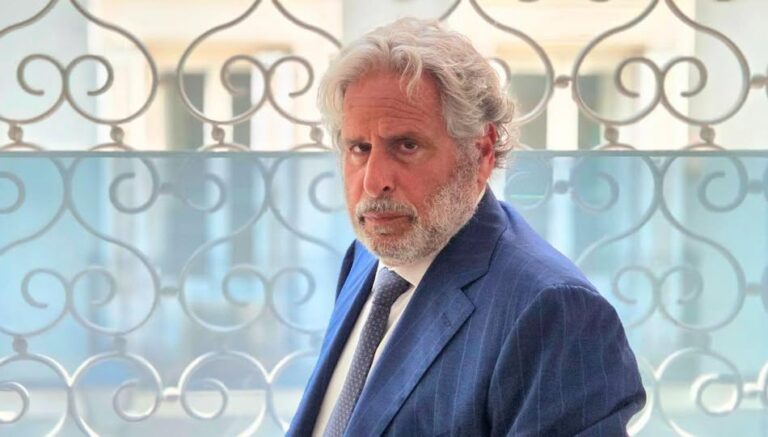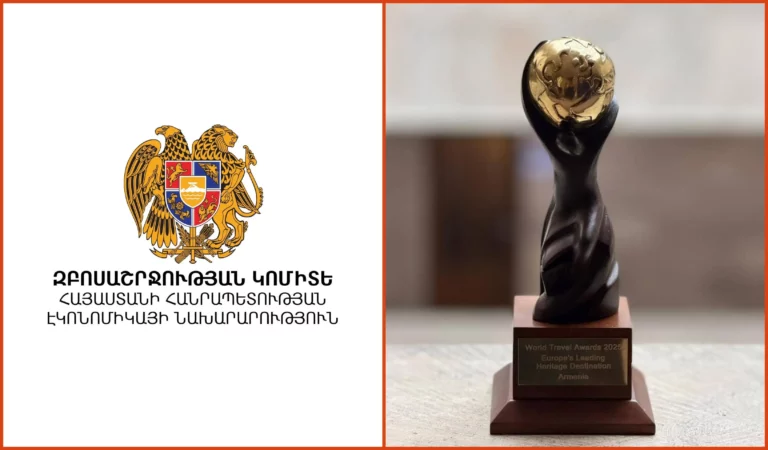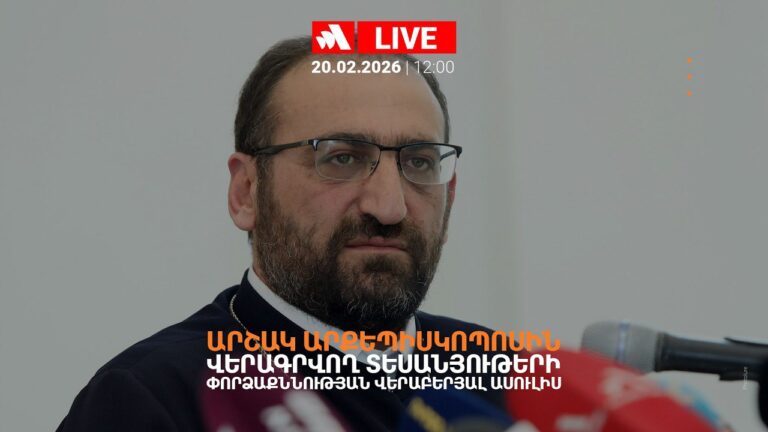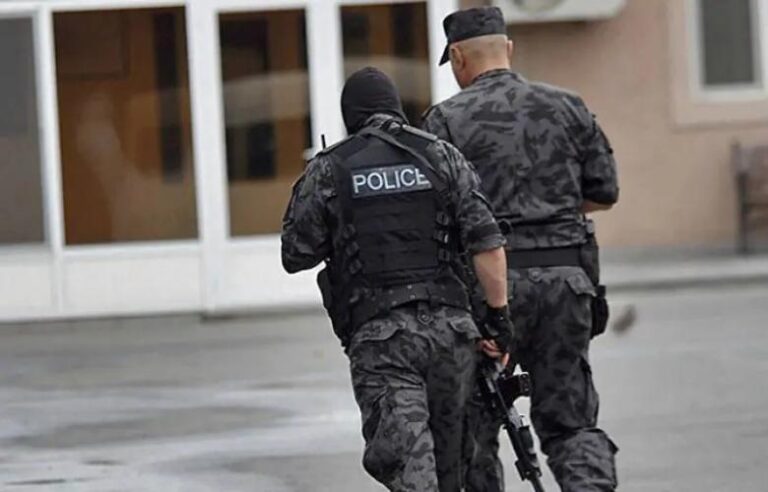‘They are not dividing the land, they are dividing the past’: political scientist on emerging peace treaty between Armenia and Azerbaijan
Speaking with Alpha News, Russian political scientist Dmitry Zhuravlev commented on the negotiations on a peace treaty between Armenia and Azerbaijan and Armenia’s decision not to participate in CSTO events.
“I am sure that the agreement will be signed. I’m sure it will be fulfilled for a while, but I’m not sure it will last long. Because the Karabakh cause is not the existence of a document regulating the life of Karabakh. There were a number of wars, the first war was in 1919, and each time the winning side organized a treaty, an agreement, a memorandum. After some time, the problems were returning again. This is a very difficult task, because they are not dividing the land, they are dividing the past. When the past is shared, it is impossible to divide [anything], and therefore, God forbid, great efforts will be made so that war does not break out again, but the tension, unfortunately, will probably continue for a very long time. So, the document will be signed, but I would not hope that this document will be equal to peace,” he said.
Commenting on Armenia’s direction towards the West, Dmitry Zhuravlev noted that the non-participation of the Armenian political leadership in the CSTO events is logical due to the anti-Russian course taken.
“Armenia is actively reorienting itself from an alliance with Russia to an alliance with the West. At least the Armenian political class. And the CSTO is indeed unnecessary for the Armenian political class. It doesn’t help, because this is an alliance arranged by Russia, Kazakhstan, Belarus and so on. And if you are focusing on France and the USA, then you should rather strive to join NATO, the European Union, if possible—I don’t really understand where the borders of Europe are in terms of the European Union, they are very dynamic—to some other unions, led by the Western countries, not the countries of the former Soviet Union.
So, this is quite logical for the political paradigm that the Armenian leadership has chosen. In my opinion, this paradigm is neither effective nor reasonable, but it is your choice. Every nation has the right to choose the path they want to take,” the political scientist concluded.







